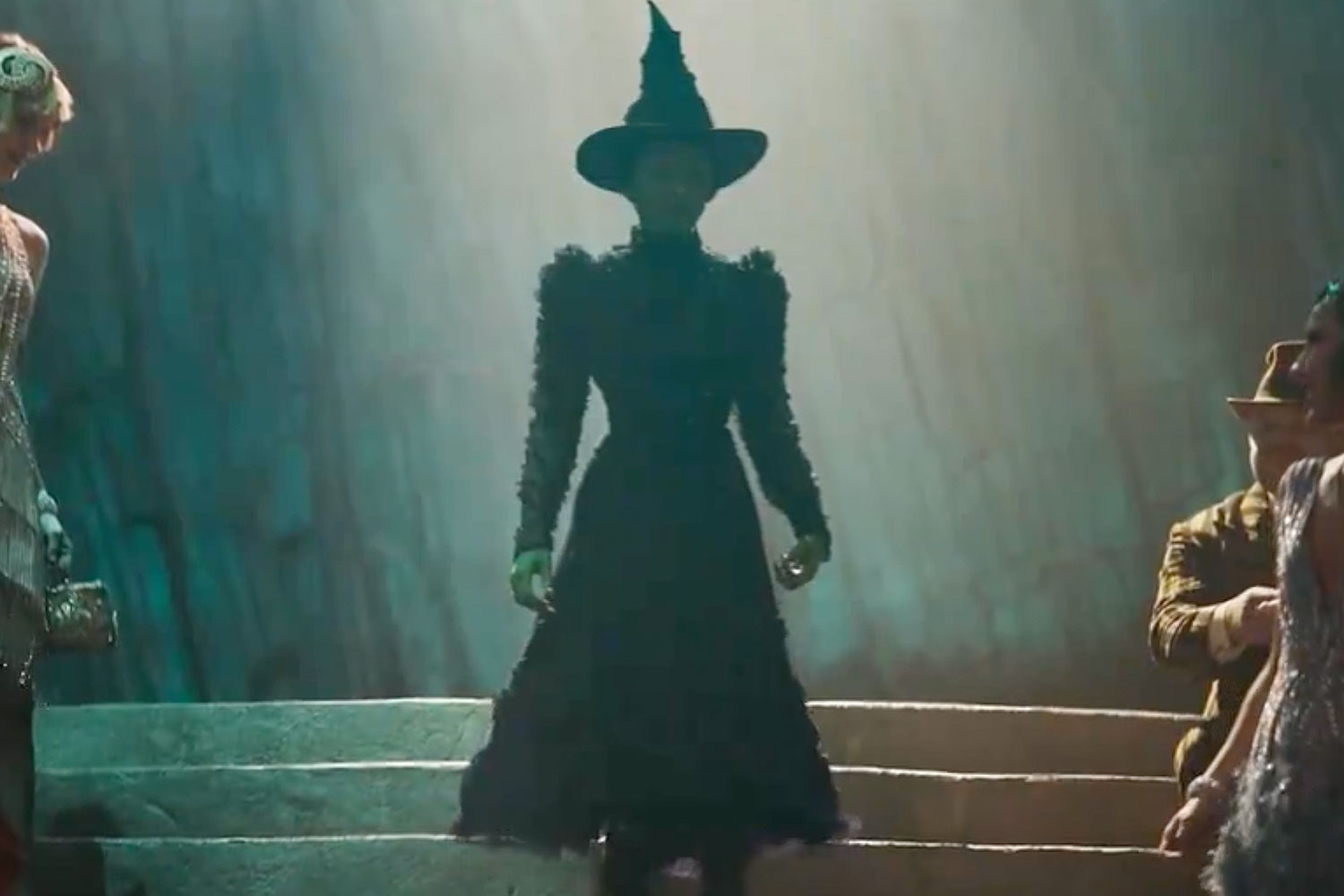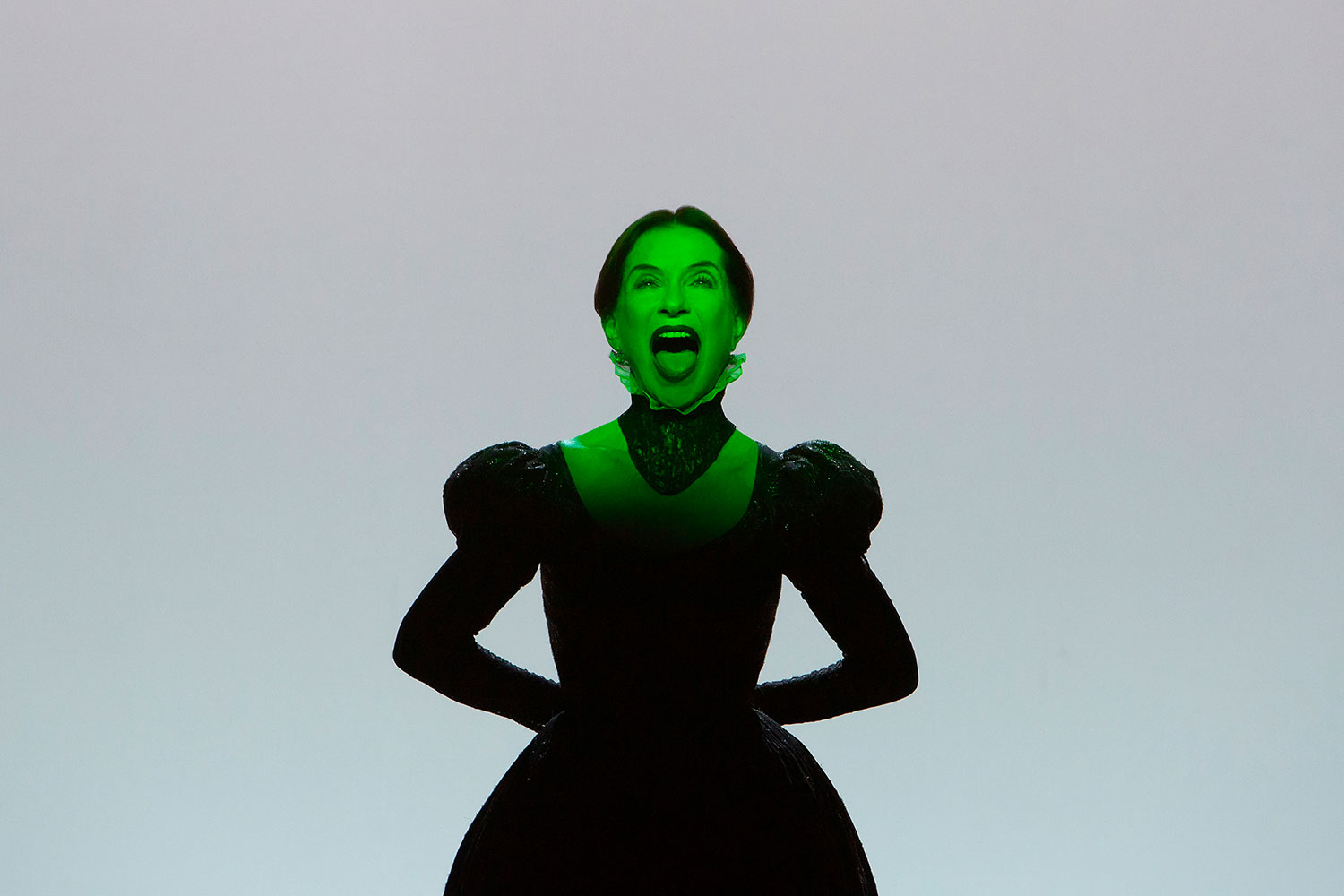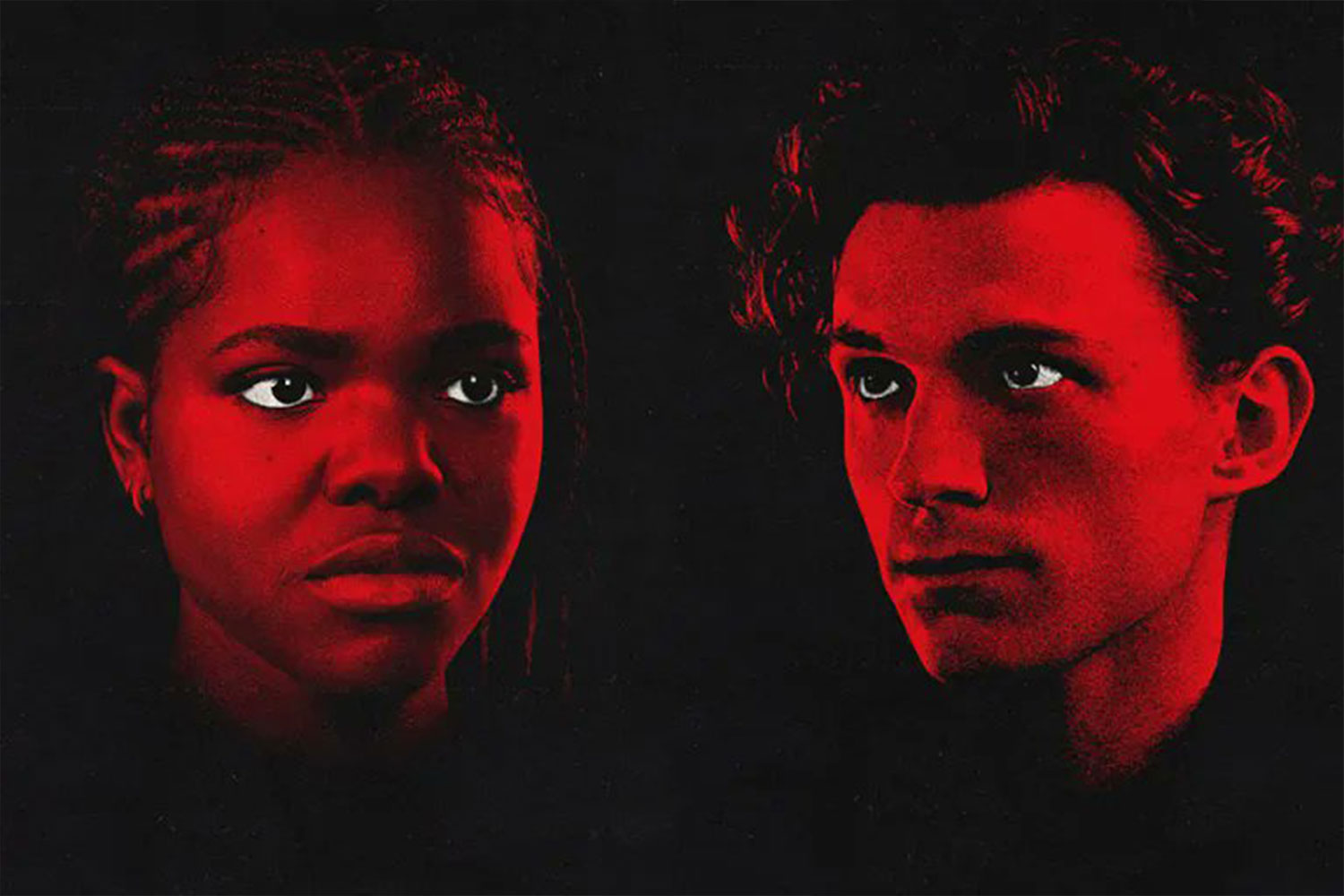The Taming of the Shrew (Bristol)
Auden, who knew a thing or three, reckoned The Taming of the Shrew a ‘complete failure’ and a ‘bore’ to boot. Opponents of this “problem play” criticise what is taken to be unmitigated male chauvinism when a spirited woman is forced into wedlock and brought by starvation and abuse to a state of submission.
Director Gregory Doran at the RSC two years ago offered a contrary and revelatory interpretation – Kate and Petruchio are rather two damaged, dysfunctional individuals who are redeemed by love and who come to the aid of one another. No production can ever be definitive, but that production is, for me, a touchstone.
Happily, director Anne Tipton here adopts an equally sophisticated approach and, in the programme notes, it is argued that the play is an exploration of gender and role-play in society. This approach is underlined by the inclusion of the ‘induction’ scene which precedes scene one.
In this, Sly the tinker is tricked by a lord and his retinue into believing he is an aristocrat with a large house, beautiful wife and lashings of servants at his beck and call. In Tipton’s hands this becomes an audacious opening as a less than fragrant looking vagrant, clutching a can of beer and shouting, wanders up to the stage pursued by a member of staff, lies down and goes to sleep.
After being spruced up, Sly, by now convinced that he is, after all a ‘nob’, sits down with the real lord to watch The Taming of the Shrew, which has become a play within a play. The curtains rise to reveal an imposing modern marble vestibule which wouldn’t look out of place at Trump Towers.
So far, so good. But the initial promise and the thoughtfulness of Tipton’s approach aren’t really realised in the play proper which, while bright enough in execution, rarely sparkles. Richard Dillane, though, shines as a personable and vigorous Petruchio, with fine support from Barry Aird as Grumio.
– Pete Wood










